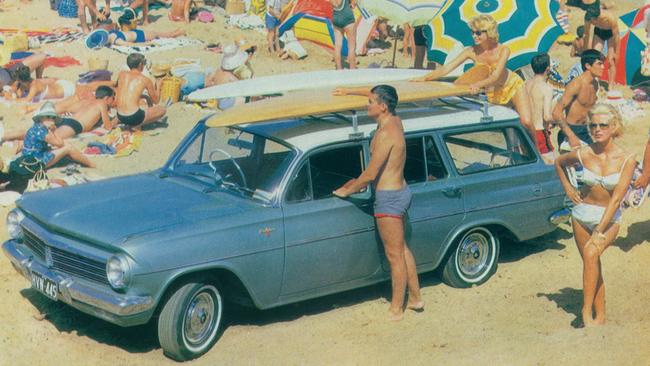Brand attraction steeped in personality
The brand that engages the consumer to evoke an emotion is the one that is remembered.

With the average internet user served a staggering 11,250 advertisements a month, consumers are almost blind to marketing. Mehmood Hanif, a marketing strategist for American advertisement-blocking software company Bad Ad Johnny, cited these numbers in the Huffington Post. What he didn’t include was television advertising, radio, junk mail, billboards, packaging, signage and more. Add these and the number escalates dramatically.
This noise is presenting an increasing challenge for organisations that have relied on marketing to increase or retain their market share. With consumers being bombarded with such a significant amount of content on a daily basis, brands are finding it harder than ever to make a significant connection that entices the customer to buy.
Gone are the days when a catchy jingle, spruiking facts and benefits, or a pretty face could sell products. Today, it’s only those brands that truly engage with the consumer to evoke an emotion that are remembered.
Consumer psychologist Peter Noel Murray says: “Emotions greatly influence and, in many cases, even determine our decisions.”
Communicating with customers on a personal level, where they feel as though they are being heard and understood, creates trust. And trust results in purchases. It also results in brand loyalty, the driving factor behind repeat purchases. But how do brands do this? The simplest answer is that they need to have more personality.
“Rich and powerful mental representations of a brand include its personality,” Murray says. “Research reveals that consumers perceive the same type of personality characteristics in brands as they do in other people. And just like with people, they are attracted more to some personality types than others — attractions which are emotion-based, not rational.”
Embedded in the philosophies of Carl Jung are 12 personality archetypes under which all humans fall. Culturally, we subconsciously know and can identify with these personalities. When you hear the description of an innocent maiden, a heroic prince or a wise old man, you immediately place personality traits on each character. The same goes for branding.
When a brand is built with personality in mind, it looks and feels familiar. The consumer naturally will be attracted more to that brand than one without personality. This personality determines what colours and fonts are used, the language and tone of the brand, and even the type of customer experience consumers receive.
Apple is a great example. It realised that its customers wanted beautiful, innovation-driven technology that made them look and feel progressive and on trend. This is reflected in every Apple store; the design is clean, contemporary and almost futuristic, with free-range assistants and a “genius bar”. Everything they do, say and deliver focuses on the brand personality of “the creator”.
The general misperception that a logo is the brand needs to be replaced with the realisation that it’s the consumers who decide the brand of a company. They are the ones who place perceptions and value on a business by developing expectations for the brand. These expectations are based on the promises the brand makes. Branding is all about your reputation.
If you want the reputation of being fun, entertaining and lighthearted, such as Boost Juice, then everything to do with your business needs to reflect these values. A business that is motivating, encouraging and championing its customers to be the best they can be, such as Nike, will provide an entirely different experience.
Companies enhance their reputation by delivering consistent brand experiences based on their personality type. It’s undeniable that this evokes a positive emotion in consumers.
Debbie O’Connor is a brand strategist and founder of branding studio WRD.


